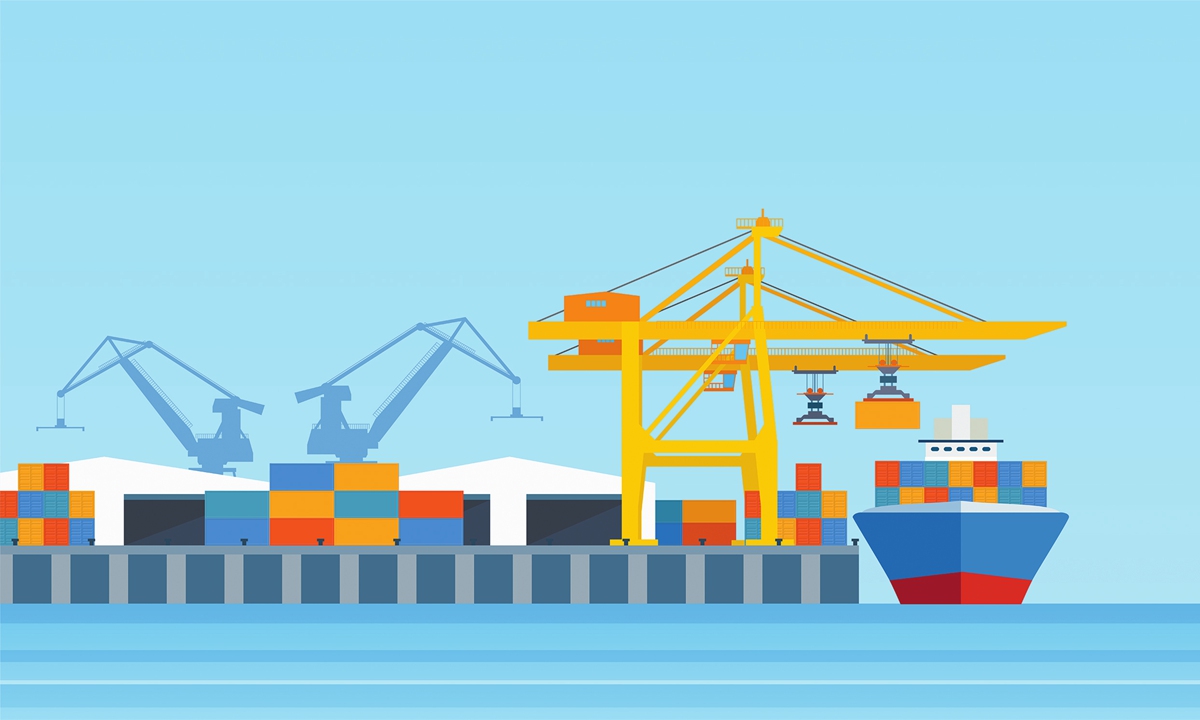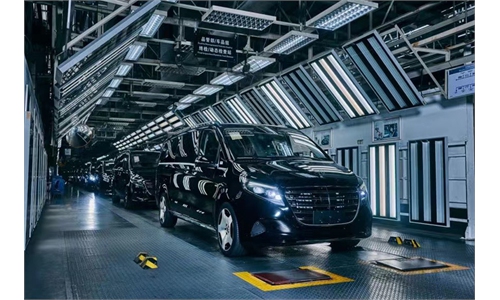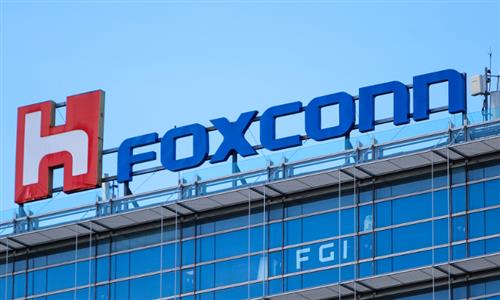
Illustration: Xia Qing/GT
US President Joe Biden is visiting Angola this week, showcasing the Lobito Corridor project, which is reportedly a multi-billion US dollar investment aimed at building a railway connecting the Angolan port of Lobito to the city of Kolwezi in the Democratic Republic of the Congo, attracting attention from Western media. Some outlets see the project as a tool of geopolitical competition, with VOA highlighting it as a part of the US strategy to counter China's influence in global development. However, the project's future remains uncertain.Announced in September 2023, much of the financing for the Lobito Corridor comes from the Partnership for Global Infrastructure and Investment, a US-led initiative launched in 2022 by the Group of Seven (G7), the VOA reported. This initiative evolved from the Build Back Better World plan, which was introduced in 2021 as a "counter" to the China-proposed Belt and Road Initiative, the report added.
While some Western media outlets are quick to highlight the geopolitical significance of the Lobito Corridor, the challenges the project may face in execution should not be overlooked. In recent years, the US presence in global infrastructure is declining, not increasing. Against this backdrop, supporting large-scale infrastructure projects may prove challenging.
Furthermore, for large-scale railway construction to be economically viable, it requires a consistent flow of traffic to offset the significant costs of building, operating and maintaining the infrastructure. If, as some suggest, the primary goal of US support for the Lobito Corridor is to "counter China's influence," then achieving these geopolitical objectives seems wildly unrealistic. Projects driven mainly by political considerations often struggle to attract the investment needed for long-term success. Private investors are generally cautious about initiatives driven more by strategic objectives than by sound economic fundamentals.
While this doesn't mean the US should overlook investment opportunities in Africa, the focus should be driven by genuine economic potential rather than geopolitically motivated hype. In reality, Africa offers a wealth of investment opportunities and is in urgent need of infrastructure development, creating possibilities for collaboration with both developed and emerging economies.
If the US, along with other developed economies, is willing to provide funding for infrastructure projects in Africa - especially those aimed at improving transportation - it would be a positive and much-needed development.
Integrating Africa into the global manufacturing supply chain will significantly contribute to the continent's economic growth. To achieve this, improving transportation infrastructure such as railways, roads and ports is crucial. This would expand trade routes connecting Africa to other global economies.
Africa has substantial infrastructure needs, creating numerous investment opportunities. In this context, there is no zero-sum competition among China, the US and other countries. Upgrading Africa's infrastructure would benefit both local and multinational companies - including those from China and the US, as well as other nations. This creates a win-win situation for all parties involved.
In recent years, economic and trade relations between China and Africa have grown steadily. For 15 consecutive years, China has been Africa's largest trading partner. By the end of 2023, China's stock of direct investment in Africa had exceeded $40 billion. Since the launch of the BRI, China has strengthened its support for Africa's regional infrastructure connectivity. Through a combination of technical assistance, financial support and practical collaboration, China has played a positive role in advancing Africa's economic integration and the development of crucial infrastructure corridors.
China's infrastructure cooperation with Africa will remain steadfast, unaffected by reports from certain Western media outlets eager to highlight a so-called zero-sum competition among major powers for influence over Africa's infrastructure projects. The real issue at hand is how to significantly increase infrastructure investments in Africa - investments that can drive economic growth and trade development - while ensuring that such commitments are backed by concrete actions, not just empty promises. The focus should shift to whether the US can translate its pledges into tangible efforts and overcome the challenges of boosting infrastructure investment in Africa, rather than simply focusing on how to "counter China's influence."
China's infrastructure partnership with Africa will continue to advance. It is hoped that developed nations will take a more proactive stance, collaborating to support the progress of African infrastructure projects. This collective effort would not only benefit Africa's development but also have a positive impact on the global supply chain and international trade.
The author is a reporter with the Global Times. bizopinion@globaltimes.com.cn



